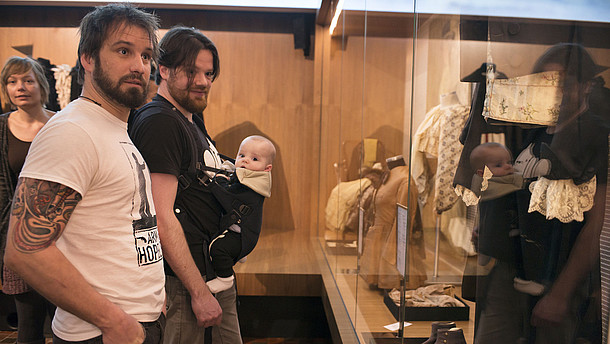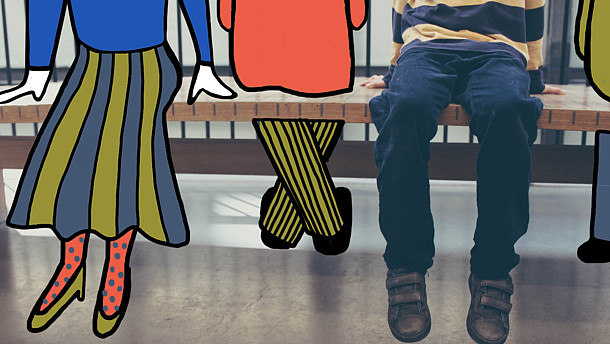The Chairs of ICOM Committees have until 20 May to vote on one of the proposals and a final decision will taken at the ICOM conference in August in Prague.
Proposal A
A museum is a permanent, not-for-profit institution, accessible to the public and of service to society. It researches, collects, conserves, interprets and exhibits tangible and intangible cultural and natural heritage in a professional, ethical and sustainable manner for education, reflection and enjoyment. It operates and communicates in inclusive, diverse and participatory ways with communities and the public.
Proposal B
A museum is a not-for-profit, permanent institution in the service of society that researches, collects, conserves, interprets and exhibits tangible and intangible heritage. Open to the public, accessible and inclusive, museums foster diversity and sustainability. They operate and communicate ethically, professionally and with the participation of communities, offering varied experiences for education, enjoyment, reflection and knowledge sharing.
Current definition
A museum is a non-profit, permanent institution in the service of society and its development, open to the public, which acquires, conserves, researches, communicates and exhibits the tangible and intangible heritage of humanity and its environment for the purposes of education, study and enjoyment.
The methodology leading up to the new proposals was based on 4 rounds of consultation, divided into 11 steps with a duration of 18 months. Find more information about the process on ICOM’s website.




